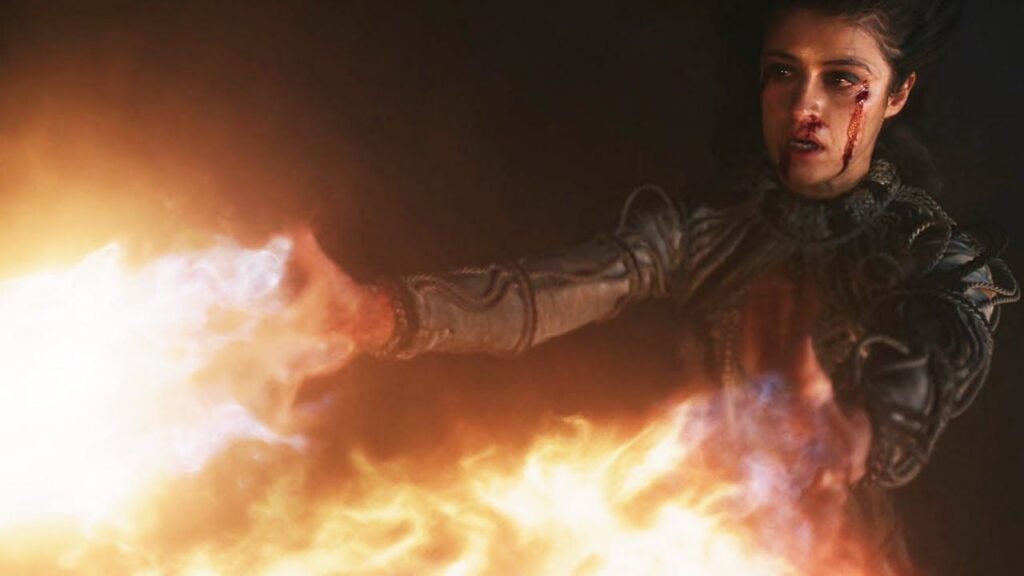Delving into the fantastical realm of The Witcher, the Netflix series based on Andrzej Sapkowski’s engaging novels and short stories, one encounters an intriguing spectrum of magic. However, within this mystical myriad, fire magic stands as a forbidden practice.
This article sheds light on why this potent force is outlawed in the captivating world of The Witcher and the repercussions it presents to those who dare to wield it.
Andrzej Sapkowski’s novels gained worldwide recognition through their video game adaptations. This led to their adaptation into a Polish film and television series before Netflix breathed life into the franchise’s first English-language TV production in 2019.
The show’s narrative navigates through the lives of three key characters – Geralt of Rivia, Yennefer of Vengerberg, and the young Ciri, offering viewers a fascinating exploration of magic in its varied forms and applications, including the prohibitive fire magic.
The price of power: The dangerous consequences of wielding fire magic in The Witcher
In season one of The Witcher, magical displays predominantly emanate from Yennefer and her coven of sorceresses, while Ciri demonstrates early signs of her vast magical potential, although uncontrolled.
The climax of this season, the Battle of Sodden Hill, brings the sorceresses together in a united front. Triss Merigold, a character in this alliance, mentions that practices like fire magic, demonology, and necromancy are forbidden. This warning goes unheeded by Fringilla, resulting in dire consequences.
The repercussion of ignoring the prohibition is starkly illustrated when the mages serving Fringilla and the Nilfgaardian army are consumed by their unleashed fire magic.
The devastating spectacle provides an insightful perspective on why fire magic is a banned practice in The Witcher’s universe – its power is destructive and all-consuming, and the effects on its practitioners are often catastrophic.
The toll exacted by fire magic, however, is not uniformly fatal. Yennefer, having survived the fiery carnage, loses her connection to chaos, her source of magic, leaving her powerless throughout the second season. Rience, another character prominently using fire magic, underlines that this potent force demands significant sacrifice, which in his case, was his soul.
Fire is distinct from other elements of chaos — water, earth, and air — that can manifest both creative and destructive forces. Fire’s unique capacity to obliterate and consume demands that practitioners tap into their darker impulses, which is why Yennefer resorts to her inner anger and resentment to conjure flames.
Considering the corruptive influence on those who manage to survive its use, as seen with Rience and nearly Ciri in the book series, the prohibition of fire magic in the universe is understandable.
The Witcher’s universe is vast and complex, with two seasons barely scratching the surface of its intricate magic system. As the series progresses into its fourth season, viewers can expect further exploration into fire magic and its corrupting influence. Even as the possibility of Ciri dabbling with fire magic looms, the heavy price attached to its use is a stark reminder of its forbidding power.
For fans of magic, mystery, and medieval lore, all three seasons of The Witcher are exclusively available for streaming on Netflix.


